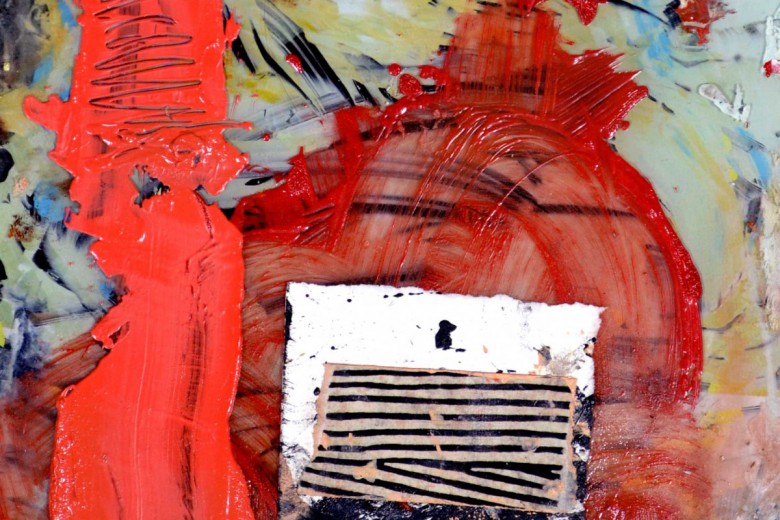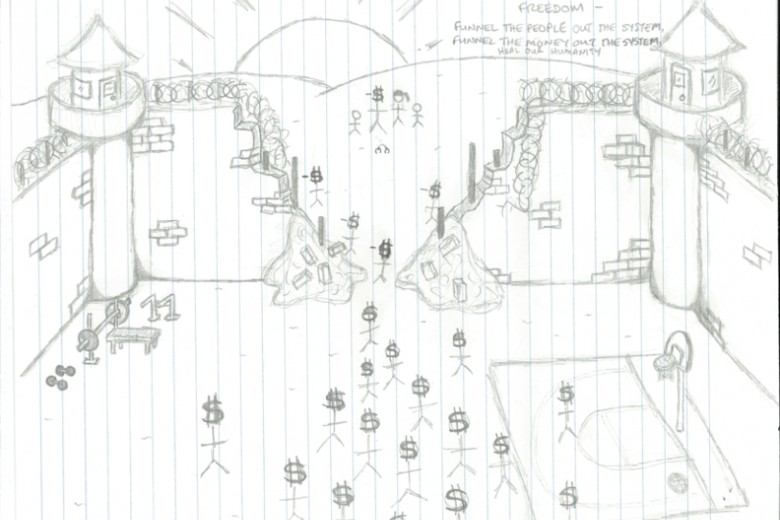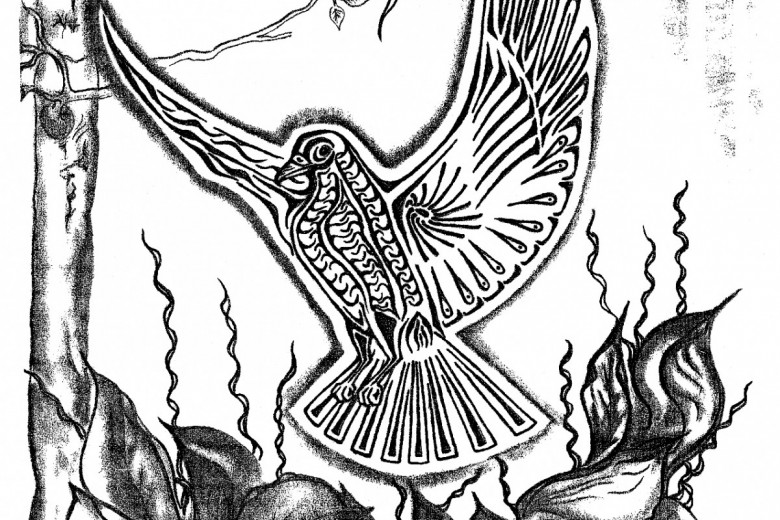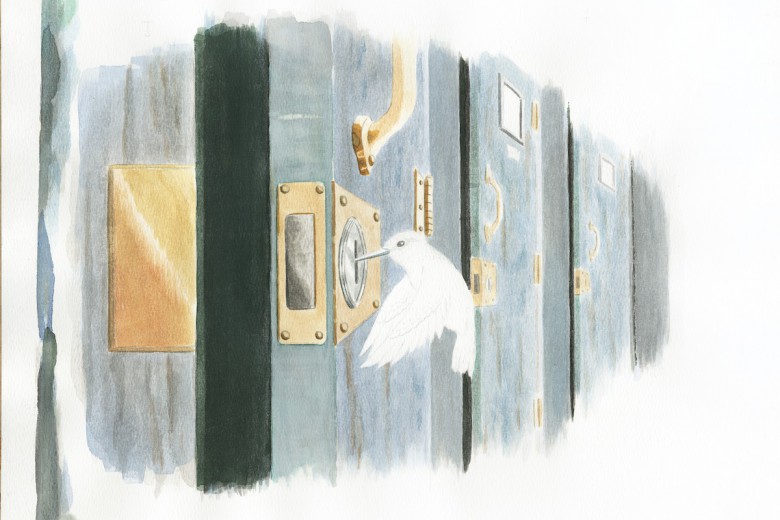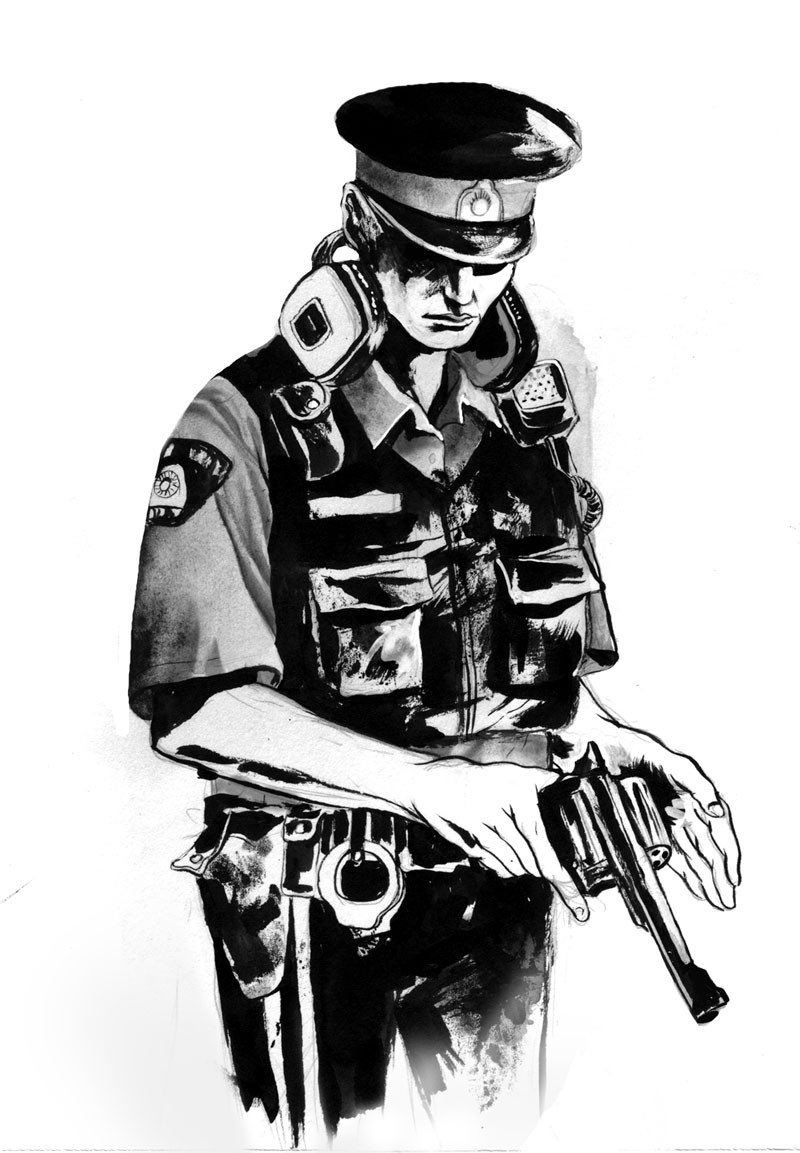
“Crimes were committed to punish crimes, and crimes were committed to prevent crimes. The world has been filled with prisons and dungeons, with chains and whips, with crosses and gibbets, with thumbscrews and racks, with hangmen and heads-men – and yet these frightful means and instrumentalities have committed far more crimes than they have prevented… . Ignorance, filth, and poverty are the missionaries of crime. As long as dishonorable success outranks honest effort – as long as society bows and cringes before the great thieves, there will be little ones enough to fill the jails.” — Robert G. Ingersoll, Crimes Against Criminals
“The big thieves hang the little ones.” — Czech proverb
Crime dominates the news, but the standard political pronouncements on the subject seldom move beyond empty, knee-jerk vows to “get tough” on the perpetrators. This approach to the issue only stokes the politics of fear, of blame, of poor-bashing and insidious racism. An obsessive public focus on the bogeyman of “crime” serves the interests of right-wing politicians very well indeed: more police for the poor, fewer regulations for the rich, less money for the universal social safety net.
There is much chatter about crime, but surprisingly little talk of justice. I mean justice in the broadest sense of the word: the principle of equity as a guide and a goal for public policy. Some would call this social justice, a term that crops up again and again in progressive circles but seems to have no place in public policy discussions.
The pursuit of justice, broadly conceived, eclipses the narrow question of what we do with those who break society’s rules. Seeking justice requires a recognition that small injustices are often merely echoes of larger injustices, and that making incarceration the cornerstone of our approach to crime has done absolutely nothing to address its root causes and social determinants.
The left has to get better at talking about justice, about the fact that crime cannot be addressed without also addressing poverty, powerlessness and social marginalization. The Conservatives’ “tough on crime” approach takes us down the wrong road, and the destructive outcome of such an approach is entirely predictable.
When we on the left limit our public discussions of justice to the functioning of the “justice system,” we have already lost: we’ve resigned ourselves to battling the symptoms of social inequity (poverty, racism, etc.), rather than acknowledging the causes and declaring our commitment to work towards a society founded on the principles that make justice possible, in particular, closing the gap between extreme wealth and extreme poverty.
This issue of Briarpatch brings you a variety of ethically engaged perspectives on questions of crime, punishment, and the justice system. The aim is not to be comprehensive – that would be impossible in such a short space – but to open up some new avenues of inquiry, to challenge the received wisdom on the topic, to provide our readers with the tools and the inspiration to work for justice in their own ways, in their own communities. I hope you will join the discussion by sharing the articles that follow with others, and by writing us to give your own perspective. Your feedback is always welcome.


